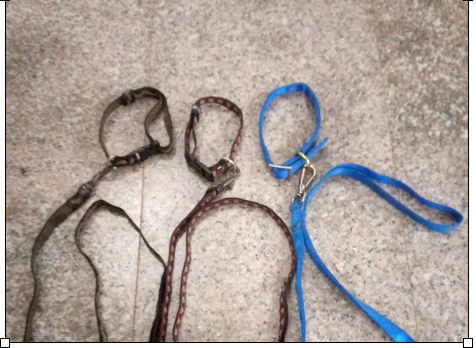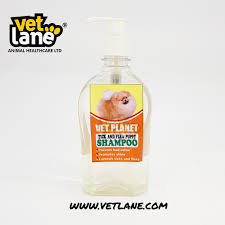Your cart is currently empty!
puppy leash and collar
puppy leash and collar – Dog collar belt is a piece of material put around the neck of a dog. A collar may be used for restraint, identification, fashion, or protection. Identification tags and medical information are often placed on dog collars. Collars are often used in conjunction with a leash for restraining a dog. […]
Description
puppy leash and collar – Dog collar belt is a piece of material put around the neck of a dog. A collar may be used for restraint, identification, fashion, or protection. Identification tags and medical information are often placed on dog collars. Collars are often used in conjunction with a leash for restraining a dog.
Collars can be traumatic to the trachea if the dog pulls against the restraint of the leash, causing severe pressure to the neck. Use of a harness instead of a collar may be beneficial for dogs prone to tracheitis or those with a collapsed trachea.
Conversely, dog breeds with slender necks or smaller heads may easily slip out of collars that are too loose. This can be avoided by using a martingale dog collar which tightens to distribute pressure around the neck when training the dog not to pull.
Any style of dog collar must be properly fitted to ensure safety and collars should not be worn when the dog is unattended.
Collars are made with a variety of materials, most commonly leather or nylon webbing. Less common materials can include polyester, hemp, metal, or “oilcloth” (vinyl woven with cotton). Collars can be decorated in a variety of ways with a variety of materials. The basic collars for everyday wear are:
- Buckle collars, also called flat collars, with a buckle similar to a belt buckle, or a quick-release buckle, either of which holds the collar loosely around the dog’s neck. Identification is commonly attached to such a collar; it also comes with a loop to which a leash can be fastened. This is the most standard collar for dogs. A flat collar should fit comfortably tight on the dog’s neck. It should not be so tight as to choke the dog nor so loose that they can slip out of it. Generally, you should be able to fit two fingers underneath the collar.
- Break-away collars look similar to buckle collars, but have a safety mechanism installed that allows the dog to break free of the collar if excessive force is applied. These collars are useful in situations where a non-quick release collar could get snagged and strangle the dog.
- Safety stretch collars contain an elastic panel in the sturdy nylon collar, which allows escape from potential strangulation dangers such as branches, fences, gates and other dogs. Unlike breakaways, a stretch collar acts like a traditional collar when clipped with a leash.


